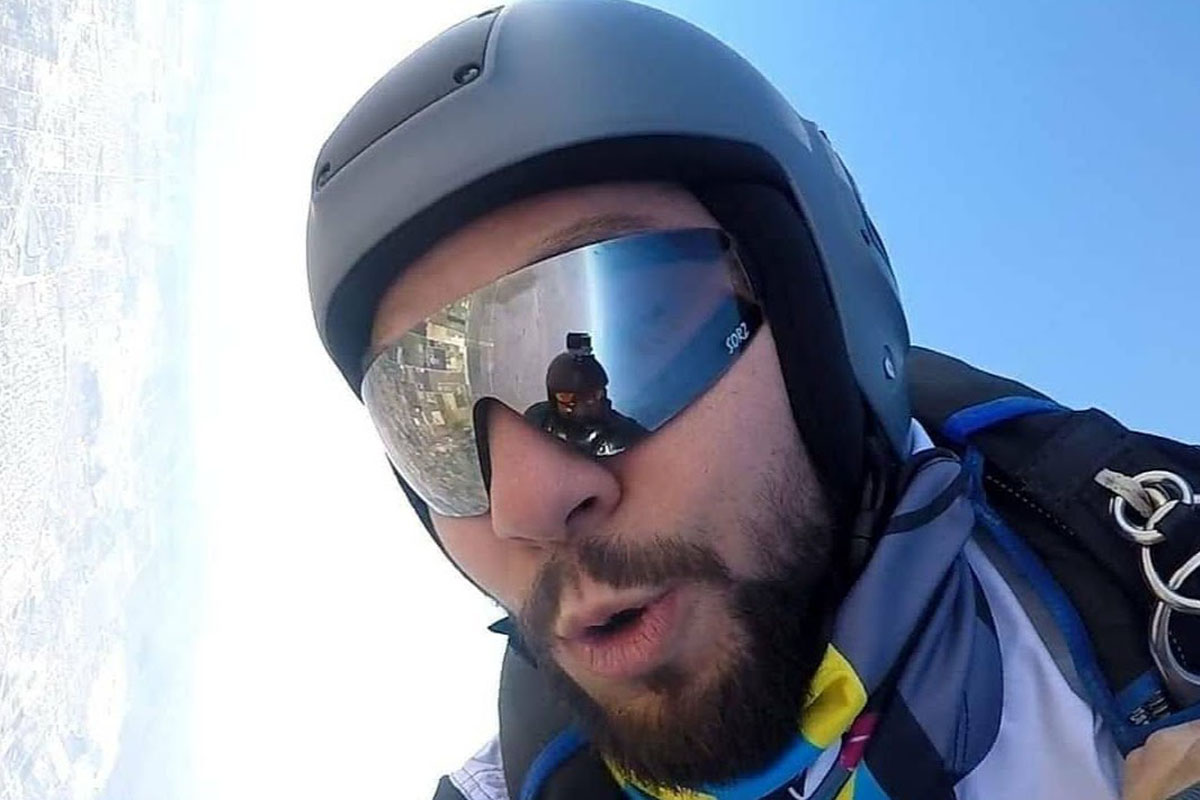
MANNY GARCIA DEFIES THE ODDS
His Story Sheds Light On The Importance of 2nd Opinions, Self-Vigilance & the Fact that Pancreatic Cancer Affects Young Adults, Too
Written By Julia Brabant
July 2021
Diagnosed: April 2019 At Age 26
Current Status: In Remission
His Story Sheds Light On The Importance of 2nd Opinions and Self-Vigilance
The overwhelming majority of pancreatic cancer patients receive diagnoses after age 65, and the disease rarely strikes patients under 40. Manny Garcia was just 26.
A Miami, Florida-based musician, skydiving coach and sales rep for high-end plumbing and hardware manufacturers, Manny was on a business trip in Germany with his father in the spring of 2019 when he started experiencing sudden, sharp pains in his abdomen. Nausea and vomiting followed, and he thought maybe it was travel-related.
The gastroenterologist suspected gastritis and scheduled a follow-up for six-to-eight weeks later. In the days that followed, Manny felt worse and worse. He called the gastroenterologist again, telling him he couldn’t wait six-to-eight weeks.
An endoscopy followed, and his doctor said he likely had esophagitis, an inflammation that damages the lining of the esophagus. Meanwhile, the list of foods that were actually palatable for him got shorter and shorter. At his own insistence, he had an ultrasound.
The ultrasound revealed that his liver was twice its normal size. His doctor also noticed he was jaundiced, pointing out yellowness in the whites of his eyes. Thinking that hepatitis might be a possibility, the doctor told Manny to go to the hospital right away for a cat scan.
The cat scan revealed lesions all over the inside and outside of his liver. The cat scan results, along with the results of his ultrasound, urine tests and a biopsy, led doctors to make a cancer diagnosis. Yet, they weren’t sure exactly what kind of cancer he was fighting and directed him to the Sylvester Comprehensive Cancer Center at the University of Miami to find out more.
It was Easter Sunday when he received news no 26-year-old expects to hear – he had a rare type of Stage 4 pancreatic cancer (a high-grade neuroendocrine cancer), and his prospects looked poor. He had a mass in his pancreas, and his liver had more tumors than doctors could count. He also had one in his spine and two brain tumors.
“What’s on the 13th floor?” Manny had asked.
“Hospice.”
Manny started receiving palliative care and radiation for his brain tumors, but he had no intention of going anywhere beyond the 11th floor. He saw a series of doctors and specialists but struggled to find oncologists willing to take on his case given how far his cancer had progressed.
Manny started chemotherapy – receiving about 25% of the typical dosage – a few days later. His doctors did blood work up to four times daily to monitor him along the way. His reaction to the chemotherapy was almost immediate, and within days, he found himself eating more than he had in months. He continued chemo from May through August of 2019, but his doctor told him he may follow the path of other patients and develop an allergic reaction to the drug in time.
Doctors asked Manny if he’d be up for trying an experimental immunotherapy treatment involving OPDIVO and YERVOY, which are two drugs used in combination to treat certain forms of cancer. The treatment is not currently FDA-approved for use in pancreatic cancer patients, but Manny may have a hand in changing that. His reaction to the drug has proved so promising – and particularly for such an advanced case – that he’s now part of two case studies, with doctors and researchers performing in-depth assessments of his progress as he continues monthly immunotherapy treatments until August of 2021.
He’s feeling much better, and he’s anxious to get the port through which he received his chemo out of his body. His doctor said he had to wait at least a year, but that removing ports from patients were some of a medical professional’s best days on the job. While Manny continues his treatments, he also continues to seek answers about what may have caused or contributed to his cancer – but so far, he hasn’t found any.
“We don’t have a family history of cancer or pancreatic cancer, and we saw a geneticist – there wasn’t anything unusual,” he said. “We just don’t know enough about the disease to know what caused it.”
While he hopes to get answers someday, for now, he’s content knowing his case is helping doctors and researchers come up with new treatment methods for patients and inch that much closer to a cure. He notes that his battle helped mend fractured family relationships, remarking that his family is now the strongest it’s ever been.
On December 31, 2019, most Americans had no idea what was in store for the year ahead – but Manny Garcia’s future looked bright. He got his first clean pet scan that day, and he’s continued to have them every three-to-six months since.
He’s also speaking publicly about his case with the hope that it may help others facing pancreatic diagnoses, and particularly, those who receive diagnoses while still young.
“Hearing that news can put you in a dark place,” he said. “It’s about shifting that perspective and asking, ‘OK; what do we do next? How do we fix it?’”
He also recognized that not everyone is as fortunate as he is in terms of the support he received from his family and friends.
“Lean on those who love you,” he said. “The number-one thing to remember is you’re not alone.”
Read “Against All Odds“


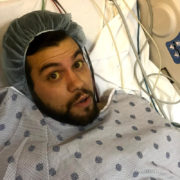
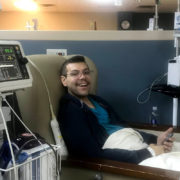
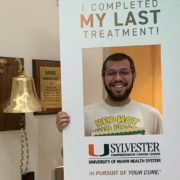

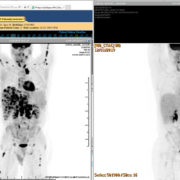


Would be interested in taking the drugs for my Pancreas Cancer